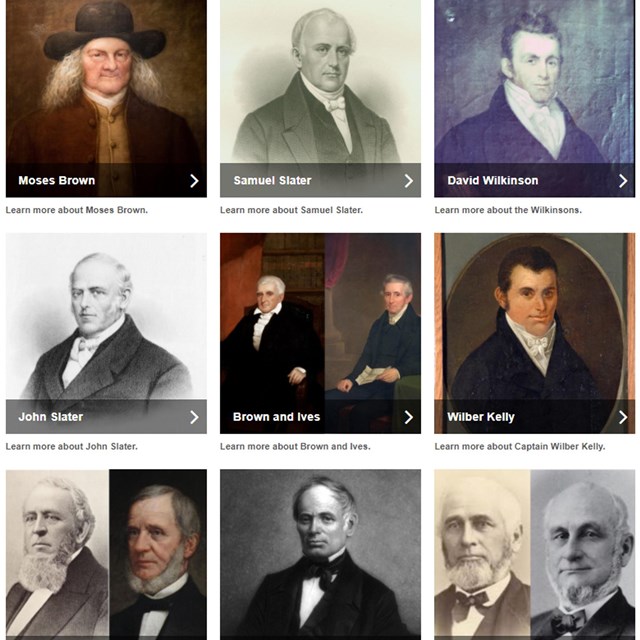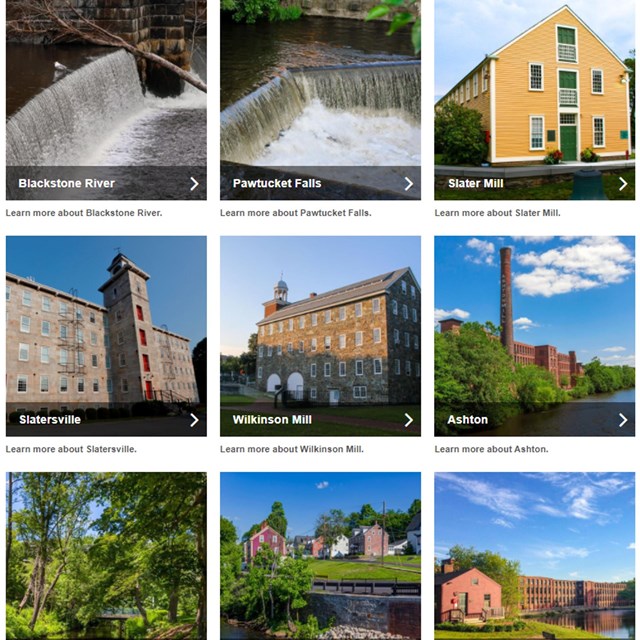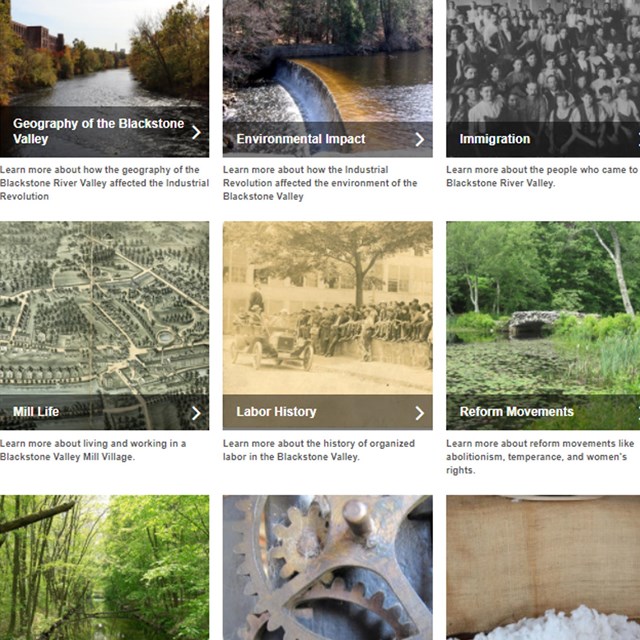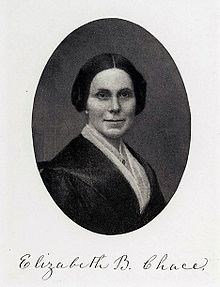
Elizabeth Buffum Chace (1806 – 1899) was another Quaker by birth. She married noted industrialist Samuel Chace and used her socio-economic position to become one of the most vocal abolitionists of her time. Her house in Valley Falls, Rhode Island served as a stop on the Underground Railroad. Chace also built a kindergarten for mill workers’ children and eventually joined the ranks of suffragists.

While questioning their place in a rapidly changing industrial society, some people went beyond meetings and conventions to form their own communities. The minister Adin Ballou worked with like-minded people to create a fraternal community in Milford, Massachusetts starting in 1842. Ballou and his followers, called “Practical Christians,” called this community Hopedale. This commune was one of the most successful social experiments of its time. Although it eventually became a company town, some of the ideals of the early society lived on. The community’s dedication to abolitionism, temperance, women’s rights, and gender equality set Hopedale apart.
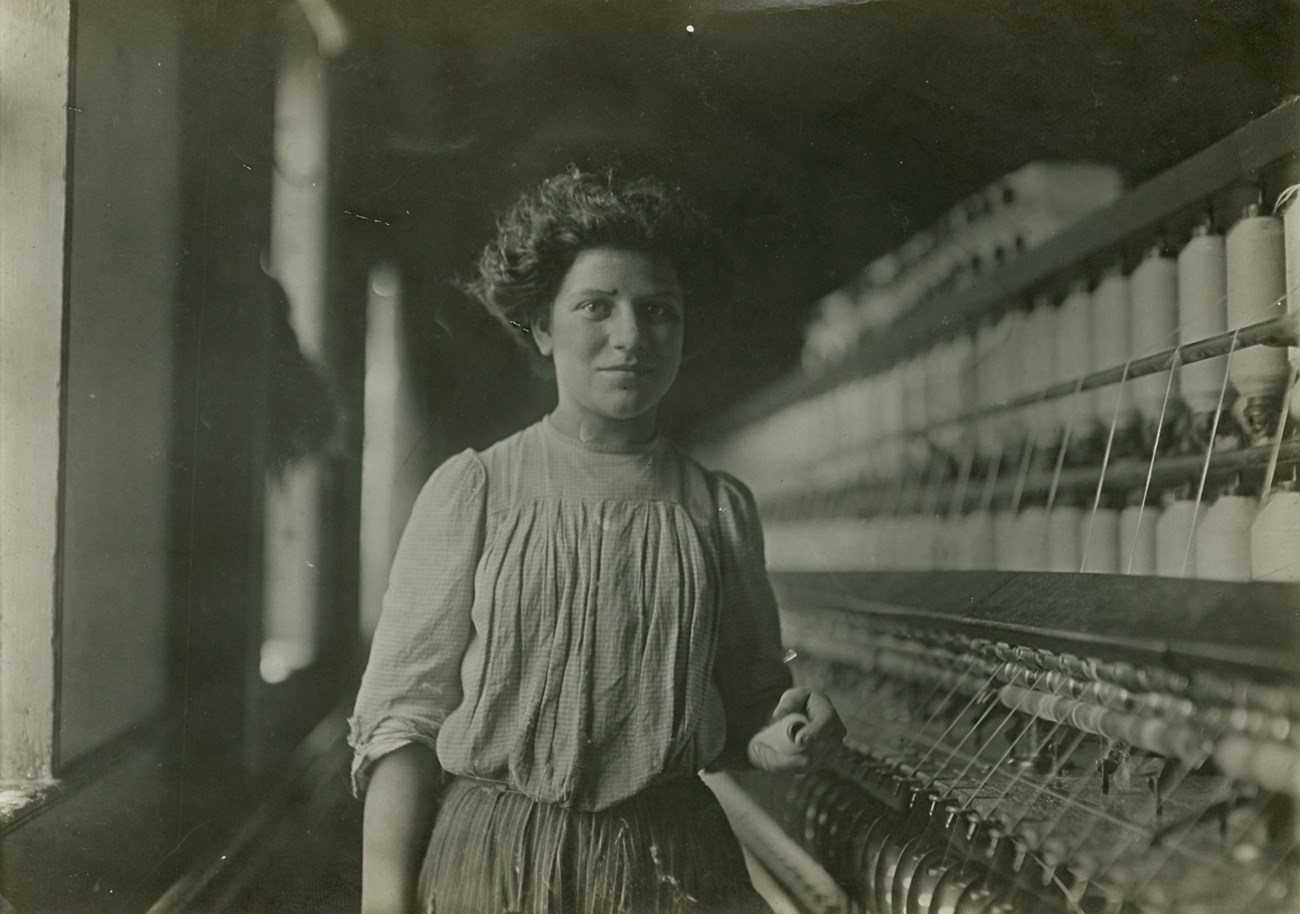
People of the Blackstone Valley advocated for the rights of enslaved people in the American South, women’s right to vote, and better conditions for workers. By experimenting in utopian societies and pushing for working-class rights, many people have made the Blackstone Valley a place with a rich history of social and political reform. People, Places and Stories
|
Last updated: February 14, 2025

